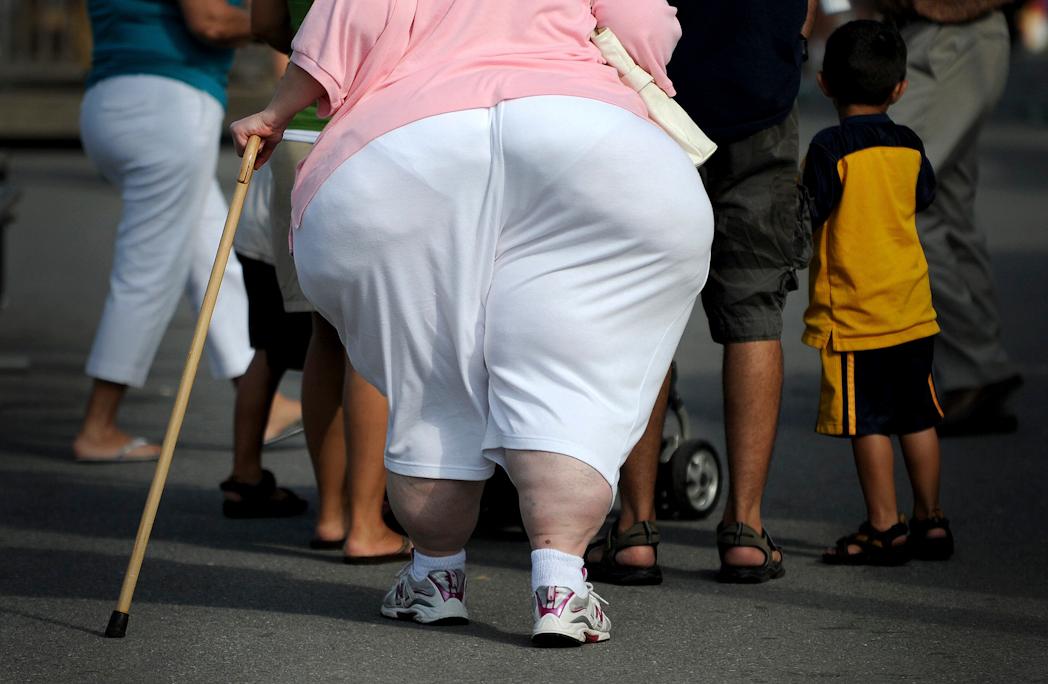Does eating white rice increase the risk of diabetes?
Two-thirds of US adults and one in five children are overweight or obese, putting them at greater risk of chronic illness like heart disease, cancer, stroke and diabetes.
When it comes to diabetes, new research from the Harvard School of Public Health concludes people who eat white rice daily, as is common in many Asian nations, may be at greater risk of developing type 2 diabetes.
Researchers looked at eating habits in Asia in both China and Japan, as well as, in the US and Australia. None of the participants had diabetes when the study began.
The findings were published Friday in the British Medical Journal.
More from GlobalPost: Work stress can cause overeating, study says
WebMD reports the study shows on average, those in Asian countries ate about four servings of white rice daily. In contrast, the participants from the US and Australia typically ate less than five servings a week.
The more servings of white rice a person eats a day, the greater their risk for developing type 2 diabetes. The risk increases by about 10% with each additional serving.
More from GlobalPost: 3D printing, Your body parts made to order
The question is, of course, why?
While it isn't clear, it may have to do with the food’s high glycemic index score (GI), which measures how foods affect blood sugar levels.
“White rice also lacks nutrients like fiber and magnesium,” says the Harvard study author Qi Sun. “People with high white rice consumption lack these beneficial nutrients and Asian populations consume a lot of white rice."
So what does he recommend?
"If you consume brown rice instead, you will get these nutrients. There are alternatives.”
The story you just read is accessible and free to all because thousands of listeners and readers contribute to our nonprofit newsroom. We go deep to bring you the human-centered international reporting that you know you can trust. To do this work and to do it well, we rely on the support of our listeners. If you appreciated our coverage this year, if there was a story that made you pause or a song that moved you, would you consider making a gift to sustain our work through 2024 and beyond?
